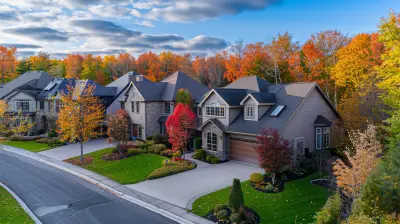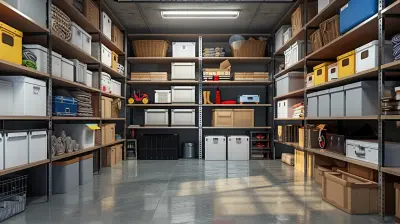Buying a Rural Property: What You Need to Know Before Making the Move
30 September 2025
So, you’ve had enough of the city lights, the never-ending traffic, and the hustle that never seems to slow down. You’re dreaming of wide-open spaces, starry nights, fresh air, and maybe even a couple of chickens pecking around in the backyard. Sound familiar? Buying a rural property can be life-changing—in the best ways. But before you trade in your apartment keys for a tractor, there are definitely a few things you should know.
This article is your go-to guide for everything you need to consider before packing up and heading to the countryside. Not just the sunsets and serenity—we’re talking zoning laws, infrastructure, wells, and the nitty-gritty that can either make your rural dream a reality or quickly turn into a nightmare.
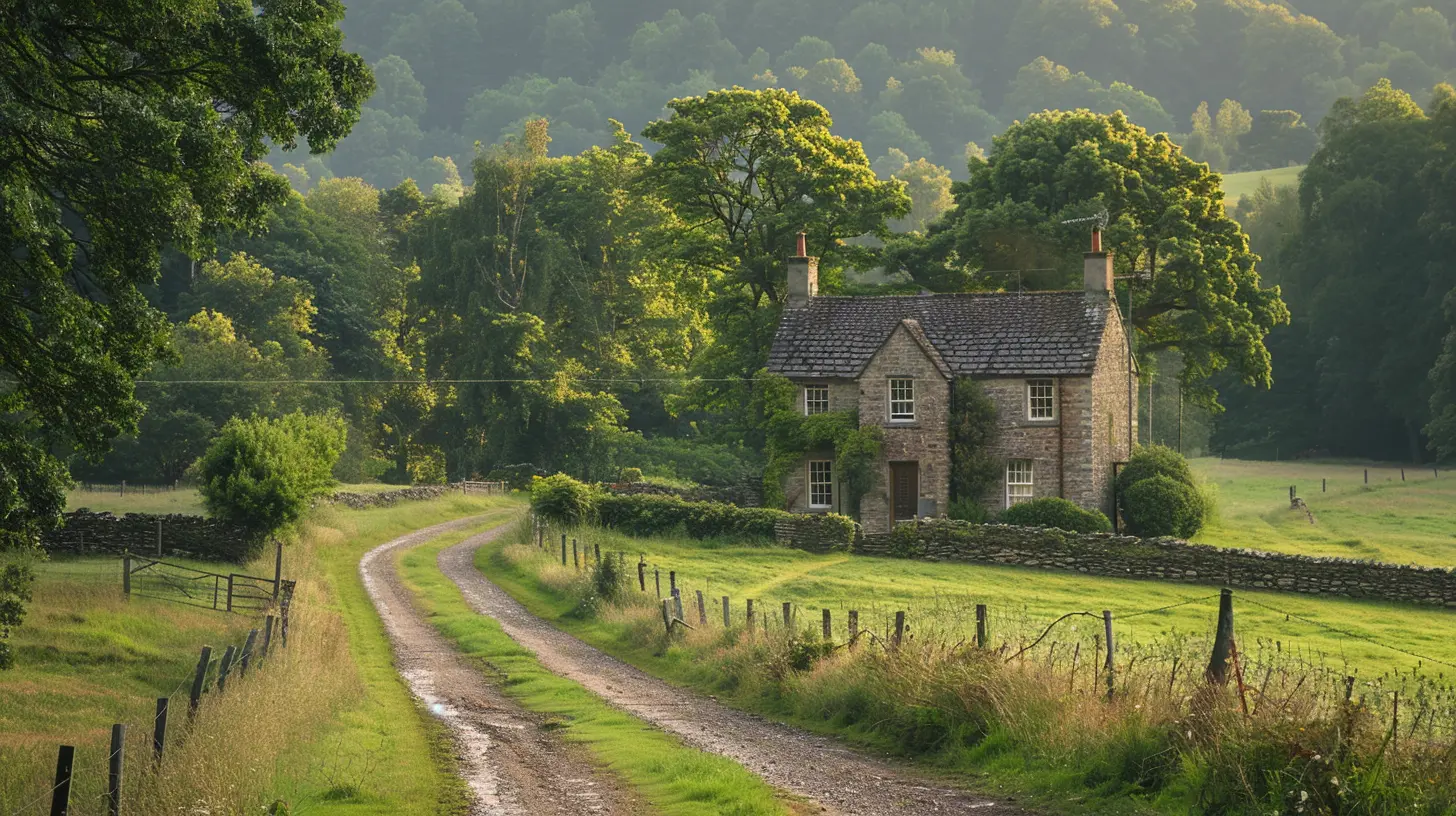
The Allure of Rural Living
Let’s be honest: rural living holds a big appeal, and it’s not just for retirees or farmers anymore.Living in the country offers:
- Peace and quiet (say goodbye to honking horns and sirens)
- More space for your money (a lot more space)
- A deeper connection with nature
- Room for hobbies like gardening, raising animals, or even starting a small homestead
Sounds good, right? But here’s the thing—rural life is very different from urban or suburban life. The lifestyle shift can be a shocker if you're not prepared. So, let’s break down all the essentials.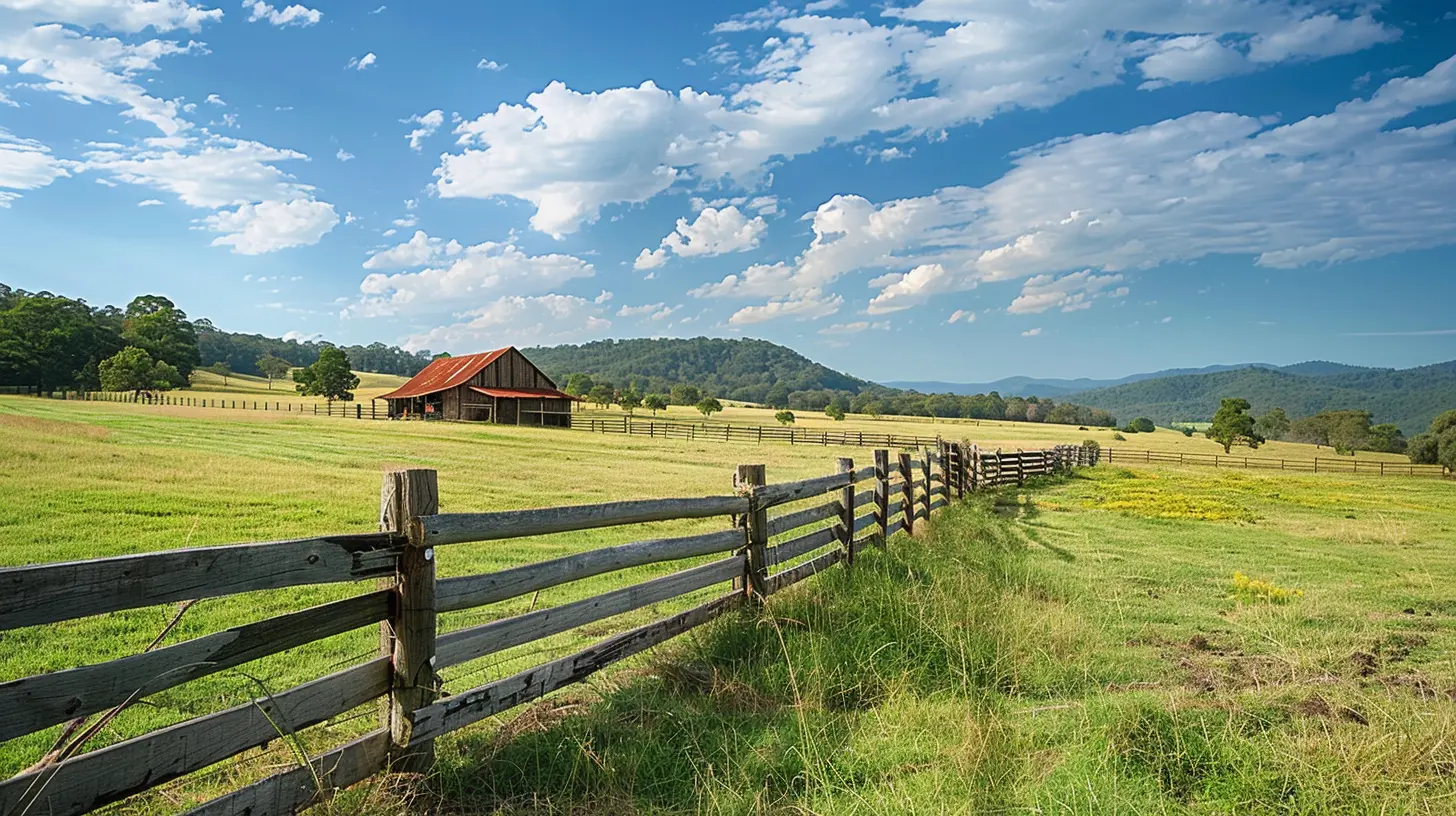
1. Understand Why You’re Moving
Before anything else, ask yourself—why do you want to move to the country?Is it to escape the city? Start a farm? Raise a family in a quieter environment? These reasons matter because they’ll guide your property search. Someone looking for a peaceful retirement getaway might have very different needs than someone planning to start a small dairy farm.
Key Questions to Ask Yourself:
- Am I okay with being further from shops, schools, and services?- Do I want land for farming, animals, or recreation?
- Am I prepared for more hands-on property maintenance?
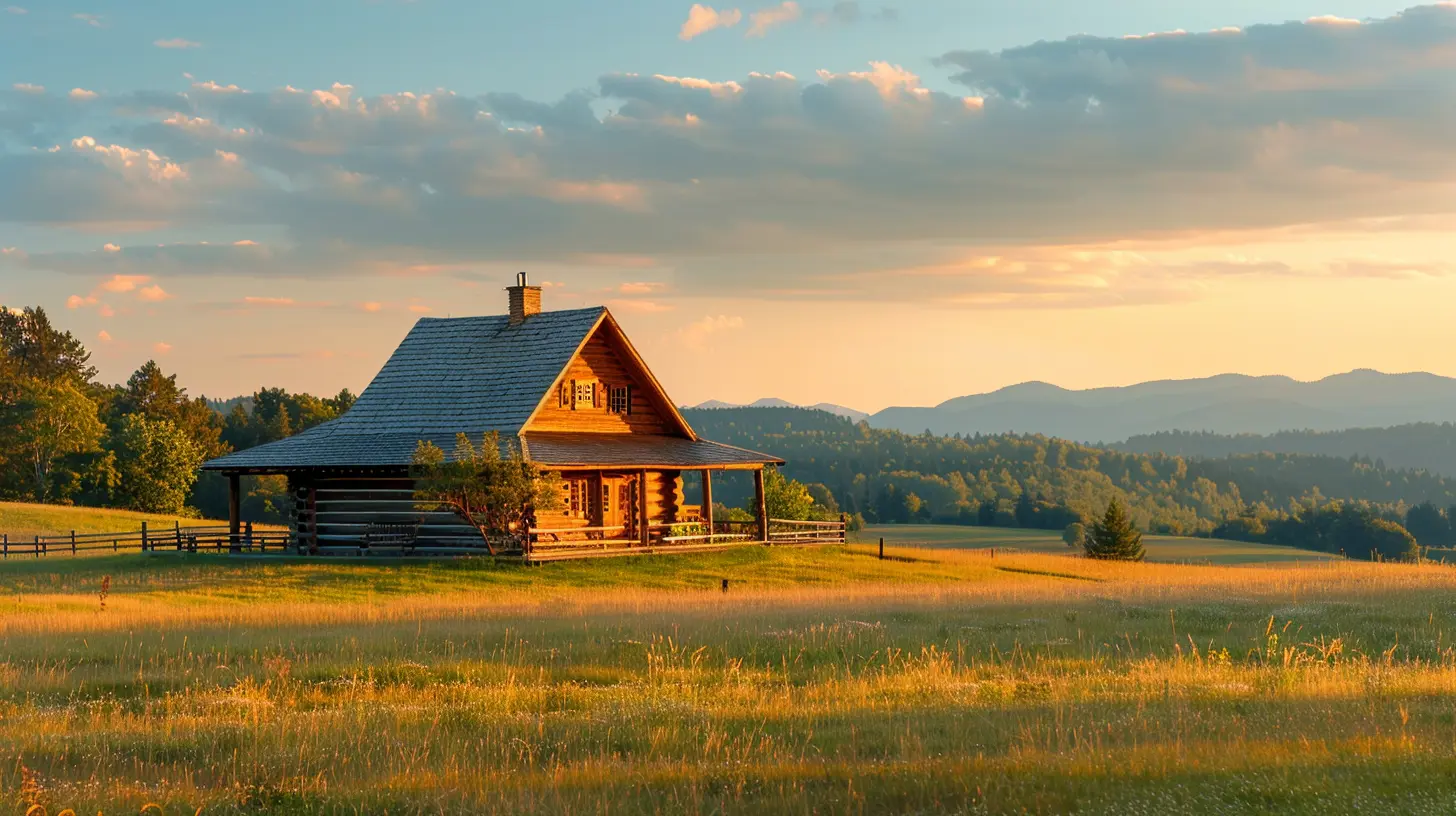
2. Choosing the Right Location
Sure, “rural” sounds great—but not all rural areas are created equal. You’ll want to narrow down your search by looking at counties or regions that align with your goals.Consider These Factors:
- Proximity to amenities: How far is the nearest grocery store, hospital, or school?- Access to internet and phone service: Believe it or not, rural areas often have limited or no access to high-speed internet.
- Community feel: Some communities are tight-knit and friendly, others more independent or isolated. Visit the area, talk to locals, and get the vibe.
- Weather and climate: Do you know what winters are like in that area? Are you prepared for flooding or droughts?
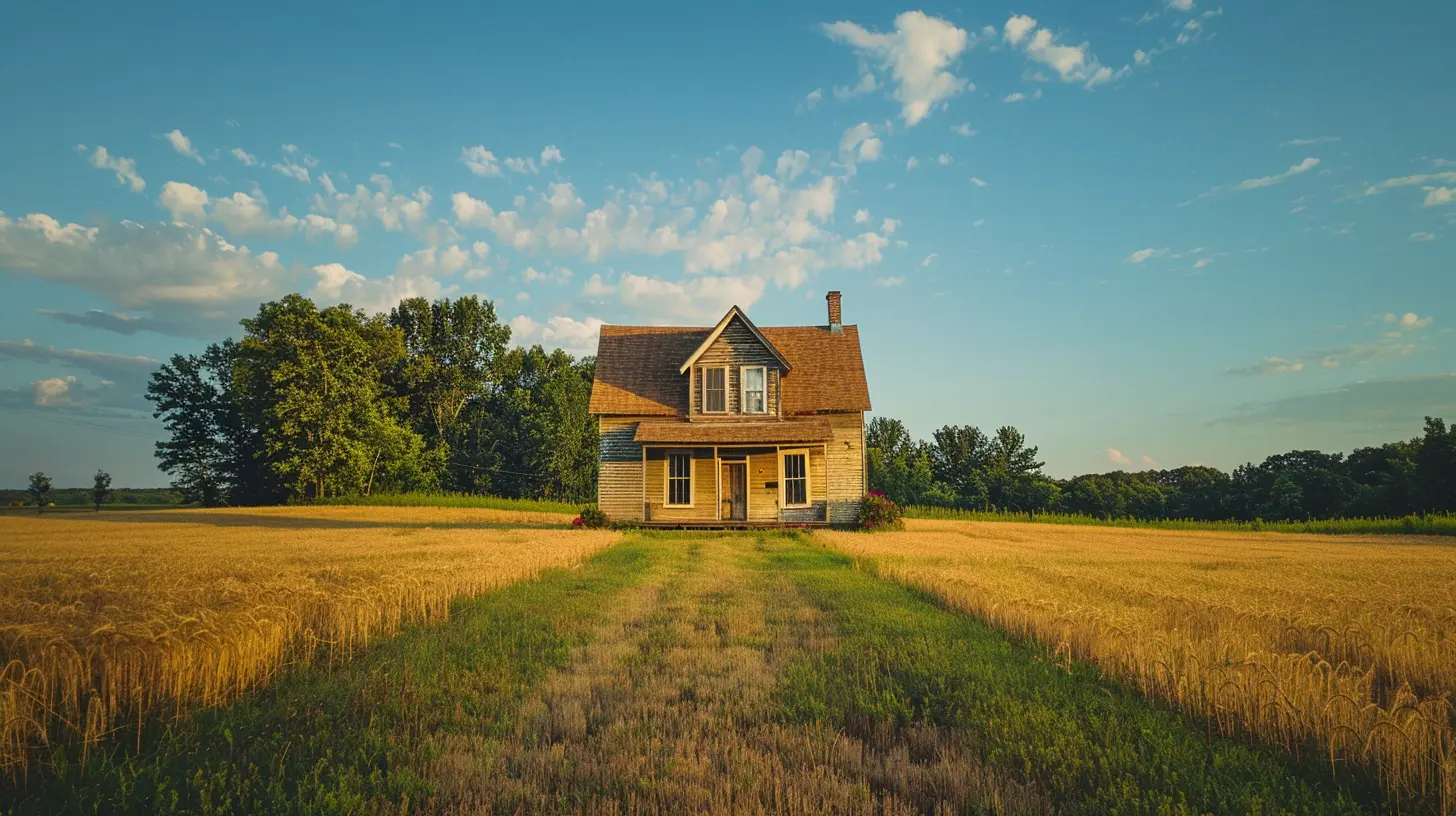
3. Infrastructure and Utilities
This is where things start to get real. In the city, you probably never had to think about where your water came from or how your waste was managed. In rural areas, you can’t take these for granted.Water Supply
- Well water is common. Know the depth, flow rate, and quality of the water.- Get the water tested before buying—some wells carry risks like bacteria, iron, or arsenic.
Septic Systems
- Most rural homes aren’t hooked up to public sewer systems.- Make sure the septic system is up to code and has been maintained. A failed septic system is messy and expensive!
Electricity and Heating
- Check if the home is connected to a nearby power grid.- Some rural homes use propane for heat and cooking.
- Consider alternative energy options like solar panels, especially if you’re off the beaten path.
4. Zoning Laws and Land Use
This is a biggie. Just because there’s a barn sitting on the property doesn’t mean you can legally raise livestock. And just because there’s open space doesn't mean you can build whatever comes to mind.Things to Look Into:
- Zoning restrictions (residential, agricultural, mixed-use?)- Permits for building, fencing, or development
- Rights attached to the land (like mineral or water rights)
- Easements and access roads
Imagine buying 15 acres only to find out you can't build that guest cabin you were dreaming about. Yeah—do your research now and thank yourself later.
5. Road Access and Maintenance
Here’s something most city folks don’t think about: Who maintains the road to your property?- Is it publicly maintained or privately owned?
- Will you need a 4x4 in the winter?
- Is it accessible year-round?
Private roads can be a headache, especially if neighbors aren’t on the same page about maintenance fees or responsibilities.
6. Internet and Cellular Coverage
Let’s be honest—while the “unplugged” life sounds amazing, most of us still need a solid internet connection. Whether it’s for work, school, or just binge-watching Netflix, check what’s available in the area.Options Include:
- DSL or cable (rare in remote areas)- Satellite internet
- Cellular hotspots
- Starlink (up-and-coming options for rural areas)
Also, don’t forget to test your cell phone signal when visiting properties. Dead zones still exist!
7. Property Maintenance and Upkeep
Rural properties usually mean more space, more buildings, more… stuff. And with more stuff comes more responsibility.You Might Need To:
- Maintain fences and outbuildings- Mow or clear large fields
- Handle your own snow removal
- Manage pests and wildlife
Remember, there’s no property management company around the corner. You’re the landlord, the janitor, the pest control, and the groundskeeper—sometimes all before 9 AM.
8. Understand the Local Wildlife
Country living puts you right in the middle of nature—literally.- Coyotes, deer, raccoons, snakes—they’re all potential guests on your property.
- If you’re planning on gardening or keeping chickens, you’ll need a plan to protect them.
- Learn about local hunting laws and wildlife conservation restrictions.
It’s beautiful, yes—but it’s not exactly a Disney movie. Nature is wild and untamed out here.
9. Costs and Budgeting
It might seem like rural properties are dirt cheap—and sometimes they are—but don’t forget the hidden costs.Think About:
- Long commute = More gas money- Property taxes (sometimes more than you’d expect)
- Equipment you might need (like a tractor, ATV, or riding mower)
- Repairs and renovations (especially with older farmhouses)
You’ll likely need bigger upfront investments in tools and equipment. That charming fixer-upper might need more than just a coat of paint.
10. Community and Lifestyle Adjustments
Rural communities are different from urban life, not just in pace but in culture. People might wave when they drive by, ask about your family, or show up unannounced with homemade jam. That sense of community is priceless—but it can also be an adjustment.A Few Tips:
- Attend local events to meet your neighbors- Support local businesses
- Be respectful of local traditions and ways of life
- Don’t expect things to move quickly—patience is part of the rural rhythm
Moving to the country isn’t just about a new address—it’s a new way of life.
11. Work and Income Opportunities
Unless you’re remote working or planning to live off the land, you should explore job opportunities nearby. Rural areas may have limited employment options depending on the industry.Consider:
- Working remotely (if internet allows)- Starting your own business (e.g., farming, homesteading, tourism)
- Local industries (farming, forestry, hospitality)
Tip: Talk to locals about the job market before taking the plunge.
12. Prepare for the Unexpected
Lastly, expect the unexpected. Weather events, power outages, and emergency services that are 20 miles away—these are all part of the rural experience.Make sure you:
- Have an emergency kit ready
- Know how to handle minor repairs
- Keep extra supplies (food, water, medication)
- Maintain good relationships with neighbors—you’ll rely on each other more than you think
Final Thoughts
Buying a rural property is more than just a real estate transaction—it’s a lifestyle decision. It comes with its own set of challenges, but for many, the rewards far outweigh the downsides. The key is preparation. Do your homework, ask questions, and make decisions based on facts—not just dreams.If you’re ready for peace and quiet, open skies, and the joy of country living, then go for it. Just go in with open eyes and both feet on the ground (preferably in mud boots).
all images in this post were generated using AI tools
Category:
Rural PropertiesAuthor:

Vincent Clayton
Discussion
rate this article
1 comments
Jackson Love
Buying a rural property is a rewarding venture, but due diligence is crucial. Research local amenities, assess land suitability, and understand zoning regulations to ensure your investment aligns with your lifestyle and goals. Take the leap confidently!
October 7, 2025 at 12:29 PM

Vincent Clayton
Thank you for your insightful comment! Thorough research is indeed essential for a successful rural property investment. Your tips on local amenities, land suitability, and zoning regulations are spot on!
